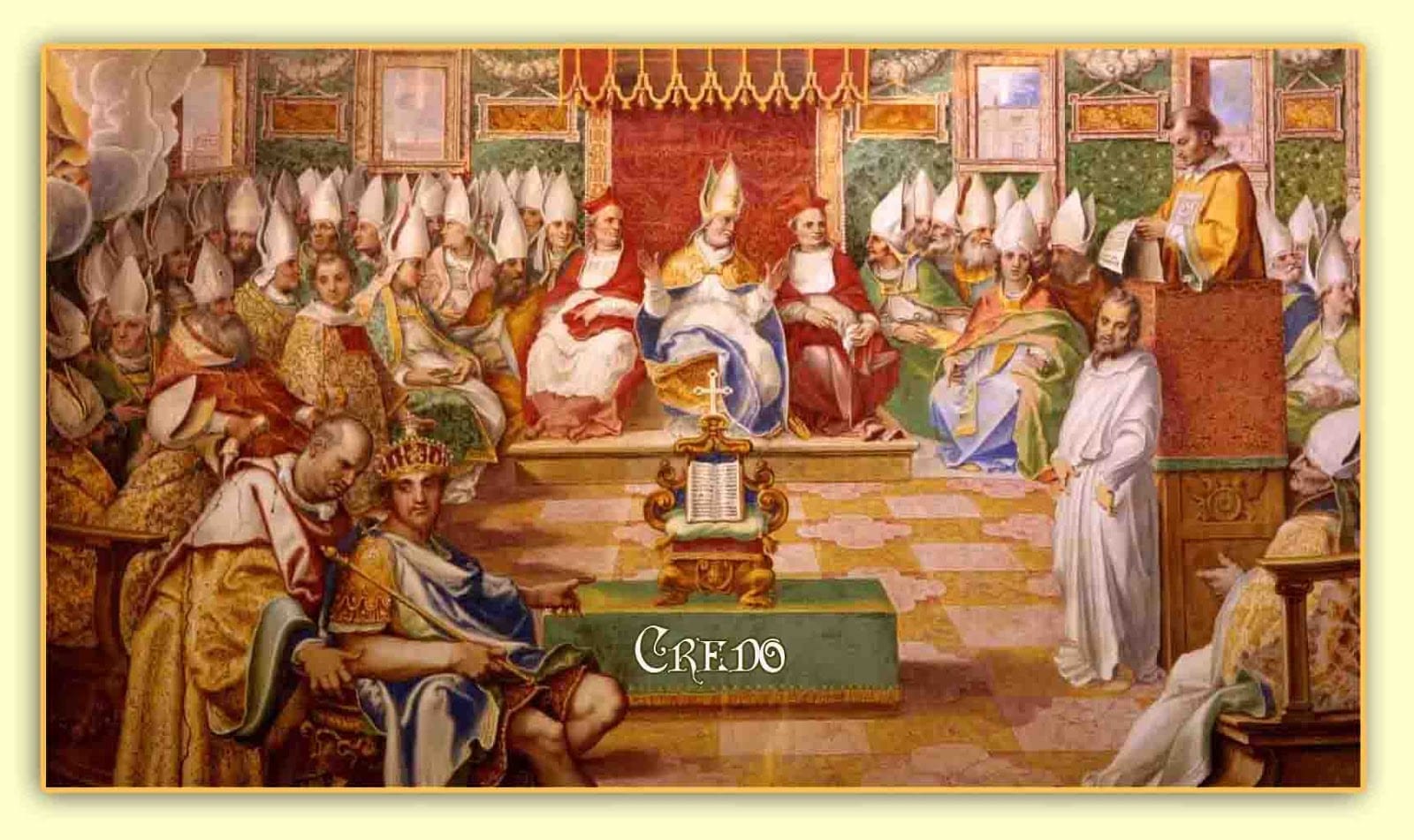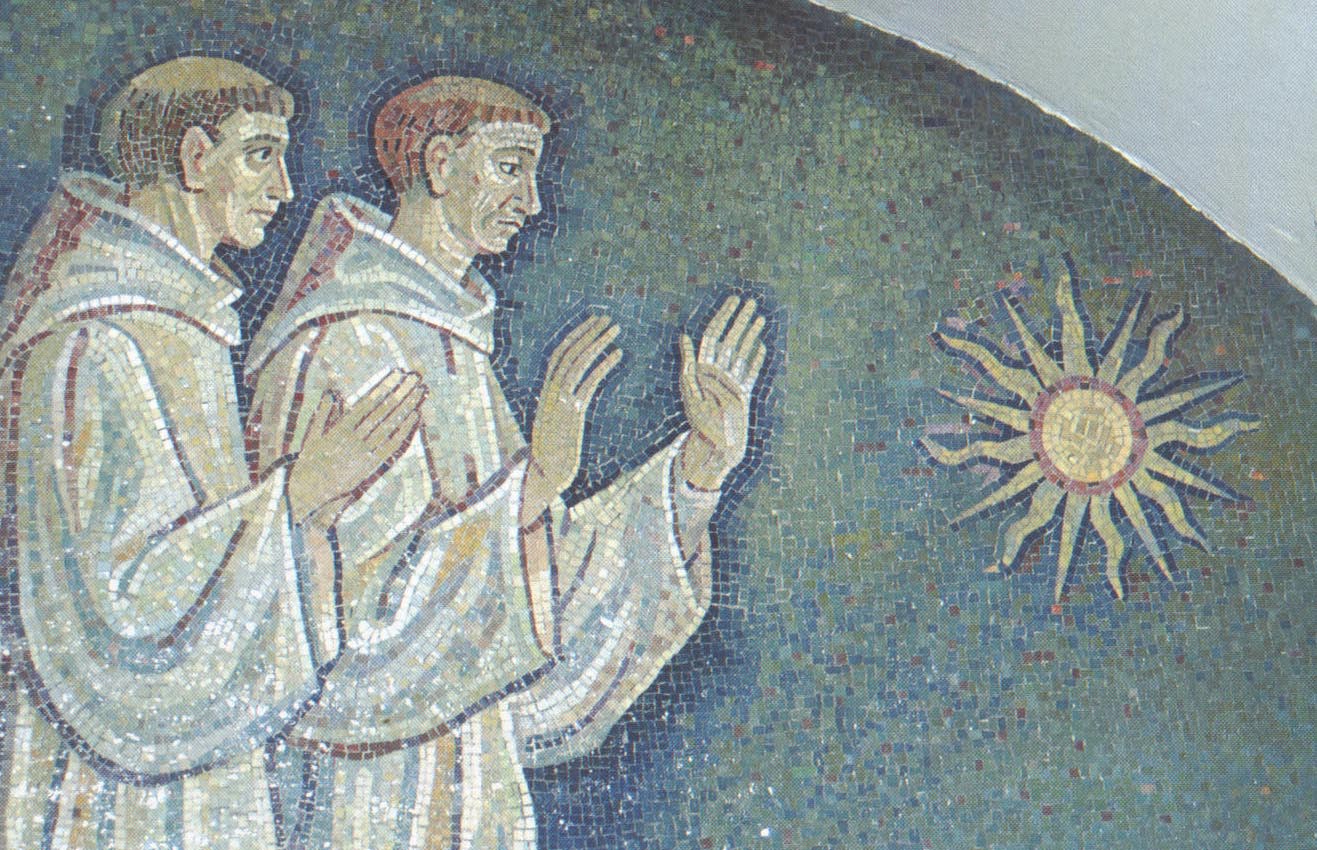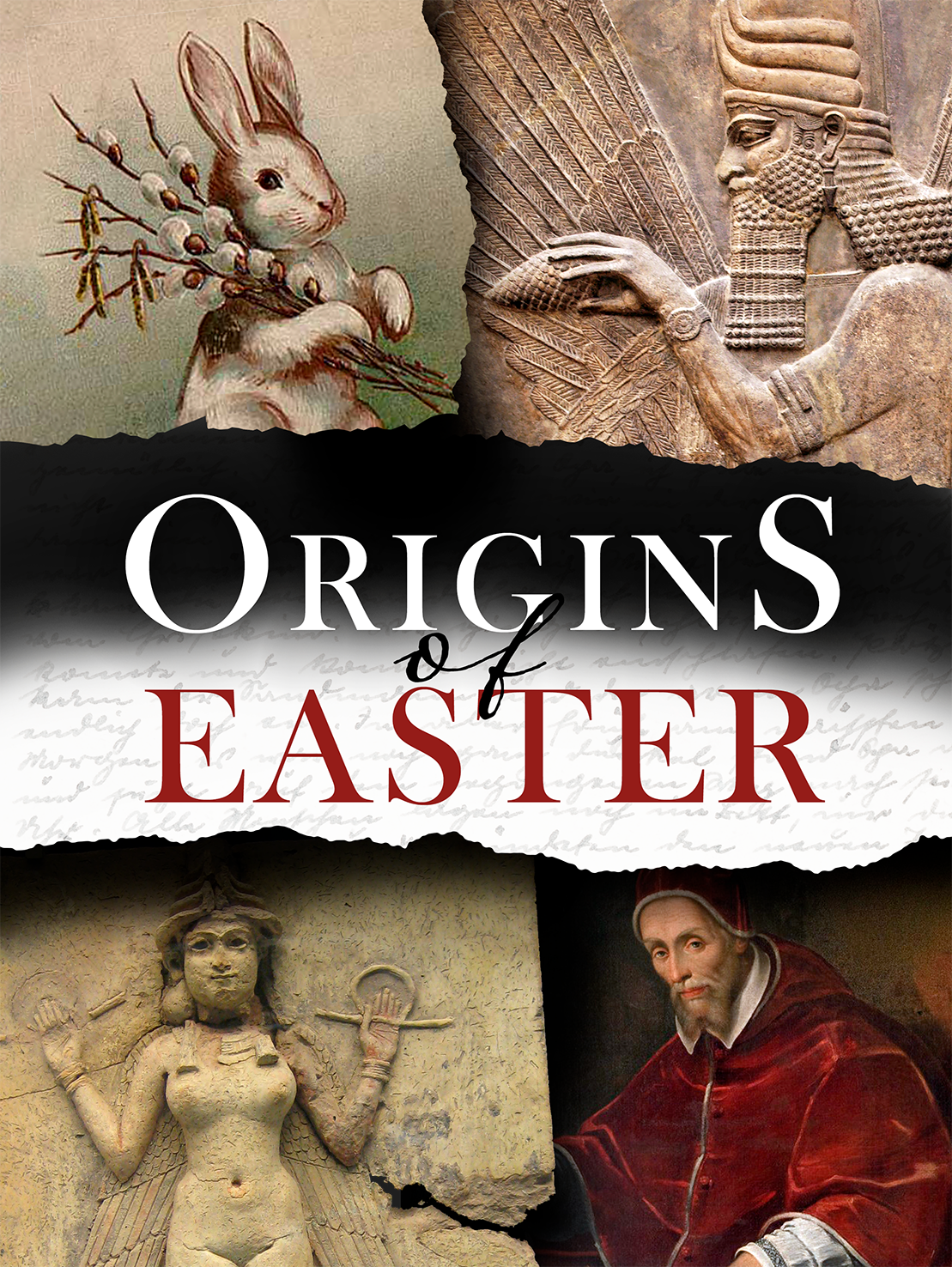The Council of Nicaea in 325 decreed that Easter should be observed on the first Sunday following the first full moon after the spring equinox (March 21). Easter, therefore, can fall on any Sunday between March 22 and April 25. The Council of Nicaea was introduced under the Pagan turned "Christian" Emperor Constantine in order to unite paganism and Christianity. But Easter is not all Constantine introduced, Sunday worship was another of his edicts. Want to learn more? Click the button below!
How Did Easter Get Started?
Easter? There Is No Such Thing
Easter is not a Christian holiday. The word Easter is not even scriptural; it does not exist in true translations of the bible. A brief history of Easter tells us that the name “Easter” comes from the Anglo-Saxon, Eostre, the name of the goddess of spring. Her roots trace all the way back to the goddess Ashtoreth. There is no New Testament commandment for honouring Easter as there was no such thing.
For centuries, Passover foreshadowed the death of Jesus. The word translated as “Easter” in Acts 12, had nothing to do with Sunday. The word “Easter” was substituted for “pascha,” meaning Passover. Much like one’s birthday, wedding anniversary, or Fourth of July, you celebrate the date, not the day. Furthermore, the Passover could fall on any day of the week. So why is Easter always celebrated on Sunday? Because it is a pagan celebration.
Easter means “movement towards the rising sun.” It pertains to the religious rites of people who worship the sun and the signs of the heavens. Sun worship is expressly forbidden in the scriptures. (Ezekiel 8:16-17).
Easter is celebrated on the first Sunday after the first Vernal Equinox full moon; which is consecrated by pagans as Ishtar’s Sunday. There is more to this Sunday conversation, click the link below to find out more.




